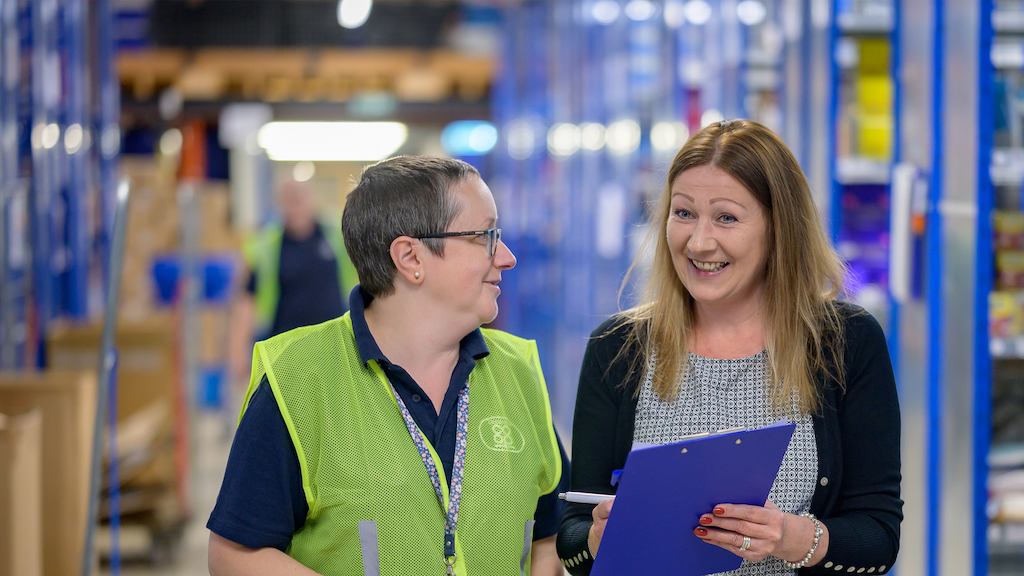The Centre for Ageing Better is urging Chancellor Jeremy Hunt to deliver Older Workers’ Budget 2.0 after last year’s failed to hit the mark.
Much was promised before last year’s “Back-to-work" budget to help people aged 50+ to get back into the labour market. But little was delivered.
There are still around 200,000 more people in this age group who are economically inactive than before the pandemic, accounting for a third of the post-pandemic rise in economic inactivity.
Dr Emily Andrews, Deputy Director for Work at the Centre for Ageing Better, said: “This time last year, the pre-budget fanfare promised significant back-to-work support for the over 50s. In reality, this was not what the Chancellor delivered.
“This year, the fanfare has moved on to talk of a tax-cutting budget, but the issues the last Budget promised to resolve have not gone away. If anything, the risks to our economy of an unsupported and underutilised workforce are greater than ever.
“The government’s major investment in new forms of employment support for Disabled people and people with long-term health conditions was sold to us last year as the cornerstone of their response to the problem of economic inactivity among over 50s.
“But we are still waiting to hear how older workers specifically will be served by these programmes. In this instance, no news is bad news and there’s little to reassure that the government is not repeating the mistakes of the Work and Health programme, which is delivering a job to fewer than one in five of participants aged 60+.
“It has been suggested in some circles that cutting wealth taxes will help older people into work. The evidence says it will not.
“Sickness, injury and disability are key factors behind economic inactivity among older workers. But any further steps to make the welfare system more punitive in this Budget will not help older workers back into work, no matter how big the stick used.
“The financial picture for many heading towards retirement is already pretty bleak. People aged 60-64 now have the highest poverty rate for any adult age group.
“And we’re just two years away from the next rise in state pension age which is likely to only deepen the problem. The last rise doubled poverty rates for 65-year-olds.
“People who face the biggest barriers to work, those with disrupted employment histories, major caring responsibilities or long-term health conditions, are also the most likely to be facing financial insecurity as they enter their 60s.
“Proposed pensions reforms will not help those with little in their pots in the first place.
“We need to tackle the country’s savings crisis. But we can’t do that if older workers are deemed surplus to requirements a decade before the state pension age.
“We have to do better by our older workers – for the sake of all workers who will approach retirement in the coming decades as well as for the sake of businesses and the wider economy.
“We need a national, targeted programme of 50 Plus employment support and clear targets to drive up performance across the board, – to ensure that workers in their 50s, 60s and beyond are given fair opportunities to contribute and thrive in the workplace.”

